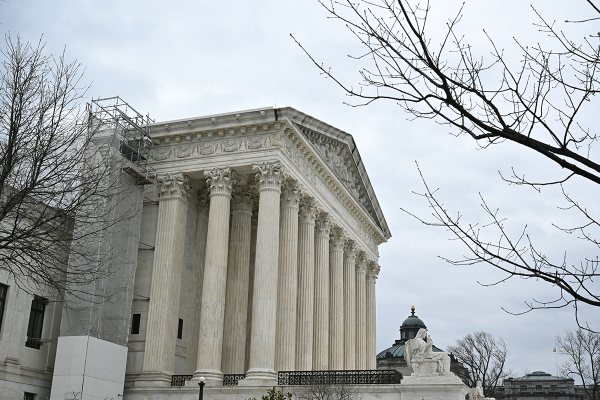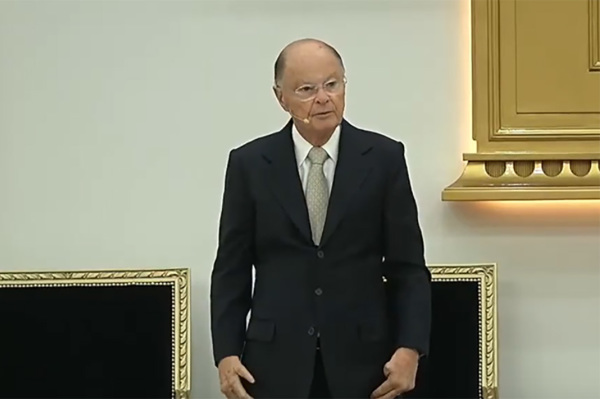Why Did Jesus Die? 4 Views on the Atonement

Also called Penal Substitution, the theory and its variations emphasize Christ's suffering on the cross as a substitute for sinful humanity.
"This theory sees the atonement of Christ as being a vicarious, substitutionary sacrifice that satisfied the demands of God's justice upon sin," explained the Christian site gotquestions.org.
"With His sacrifice, Christ paid the penalty of man's sin, bringing forgiveness, imputing righteousness, and reconciling man to God."
Drawing its heritage to the 1500s and the Protestant Reformation, Substitution is a very popular atonement theory, with one critic on Patheos writing that, thanks to Reformers like John Calvin, Penal Substitution "has become the default position."
Kreider of Dallas Theological Seminary said of the atonement models, he preferred the Substitution view, saying that it is the only one that "is distinctly Christian."
"There are a variety of substitutionary models. What they have in common is that Jesus, the innocent one, died instead of the guilty. From the beginning of the story of redemption, substitution is emphasized," he explained.
"The language of the Nicene Creed asserts that it was for us and our salvation that Jesus came down from heaven and that it was for our sake that he was crucified. That is language of substitution."
Kreider noted scriptural examples going back to Genesis, "when Adam and Eve sinned, God provided clothes of animal skin."
"An animal died to atone for their sins. In the sacrificial system, atonement was accomplished through the death of an animal. Jesus is the Lamb of God who takes away the sin of the world (John 1:29); he fulfills the typology of the Old Covenant sacrificial system," said Kreider.
"Jesus voluntarily laid down his life for us (John 10; Matt. 20:28). He died for us, instead of us, as our substitute, while we were yet sinners (Rom. 5:8). God graciously provided salvation for us through his Son by grace (Eph. 2). The wages of sin is death but life is a gift of God's grace (Rom. 6:23). Jesus received our wages instead of us."
Robert C. Crouse, assistant professor of Systematic Theology at Knox Seminary, located in Fort Lauderdale, Florida, told CP that Penal Substitution was "the most central and the foundation for all the other points of view."






















